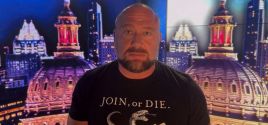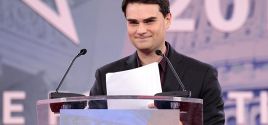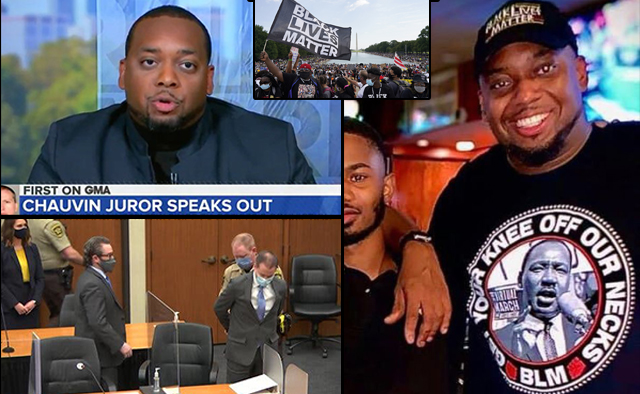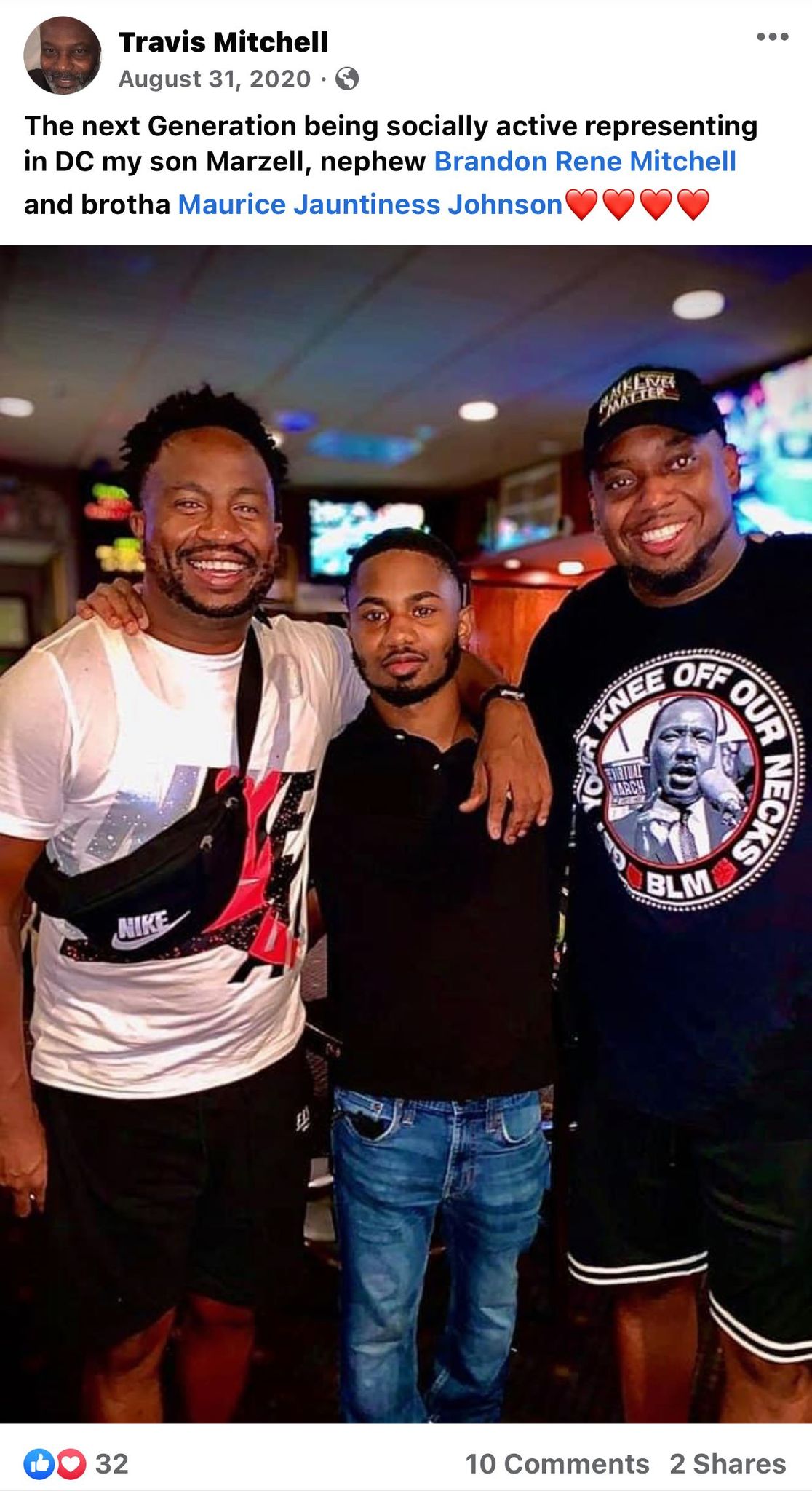BLM Activist Got On Chauvin Jury After Insisting He Never Attended An Anti-Police Protest. He Attended An Anti-Police Protest Last Year.Chauvin juror Brandon Mitchell is now encouraging others to get on juries to "spark some change"Chris Menahan InformationLiberation May. 03, 2021 |
Popular 
As Poll Finds Ukrainians Want to End War, U.S. Pushes Zelensky to Bomb Russia and Expand Conscription

FBI Pays Visit to Pro-Palestine Journalist Alison Weir's Home

Schumer Moves to Silence Criticism of Israel as Hate Speech With 'Antisemitism Awareness Act'

Federal Judge Orders Hearing Into Questionable 'Auction' of Infowars to The Onion

'More Winning!' Ben Shapiro Celebrates Trump Assembling an Israel First Cabinet
  Brandon Mitchell, 31, was able to make it onto the Derek Chauvin jury after he checked "no" when asked if he or anyone close to him had "participated in protests about police use of force or police brutality." Brandon Mitchell, 31, was able to make it onto the Derek Chauvin jury after he checked "no" when asked if he or anyone close to him had "participated in protests about police use of force or police brutality."On Sunday, a photo surfaced of Mitchell wearing a "GET YOUR KNEE OFF OUR NECKS," "BLM" shirt and a "Black Lives Matter" hat while at a protest against police brutality in Washington, DC in August 2020. On Monday, Mitchell admitted that he attended the "March on Washington" while speaking with the Star Tribune (who buried the lead).  From The Star Tribune, "Chauvin juror defends participation in March on Washington after social media post surfaces": "I'd never been to [Washington] D.C.," Mitchell said Monday of his reasons for attending the event. "The opportunity to go to D.C., the opportunity to be around thousands and thousands of Black people; I just thought it was a good opportunity to be a part of something."Philonese Floyd, George Floyd's brother, said while speaking on stage during the March on Washington that it was a march for Floyd.
One of the main points of the march was to demand the passage of the George Floyd Justice in Policing Act.
The Star Tribune continues: The event had several components, including: advocating for racial justice, increasing voter registration, pushing for a new version of the Voting Rights Act of 1965 and urging participation in the 2020 census.The Star Tribune noted that lying on the questionnaire or during jury selection is a crime. During an interview with Get Up! Mornings With Erica Campbell last week, Mitchell encouraged people to get on juries to "to try to spark some change." "I mean it's important if we wanna see some change, we wanna see some things going different, we gotta into these avenues, get into these rooms to try to spark some change," Mitchell said. "Jury duty is one of those things. Jury duty. Voting. All of those things we gotta do."
As The Gateway Pundit highlighted, Minneapolis FOX 9's Paul Blume reported in March that "Judge Cahill asked Juror #52, whether he heard anything about the #GeorgeFloyd civil case. He says, no. He explained hearing some basic info about trial dates, etc from the news in recent months, but nothing that would keep him from serving as impartial juror."
Mitchell told Good Morning America on Wednesday that most of the jury's four or so hours of deliberations were spent trying to convince one juror who was having trouble understanding the jury instructions. Mitchell said he felt like the deliberations "should have been 20 minutes."
Asked about the importance of black men showing up for jury duty, Mitchell told GMA, "In order for, uh, change to happen, we got to get us to those type of avenues, get us to those rooms, we got to show up for jury duty, we have to vote." "Those are things that are important to the society as a whole and if we want to, um, be viewed differently in society and start to see different results we have to start to do those things and we cannot avoid them," Mitchell continued. "We can't put them on the back burner we have to put them in the forefront and jury duty is definitely one of those things especially with, you know, the insane number of black men being incarcerated. So yeah, so we definitely have to get on, get on those on those panels and stuff like that." Follow InformationLiberation on Twitter, Facebook, Gab, Minds, Parler and Telegram. |



